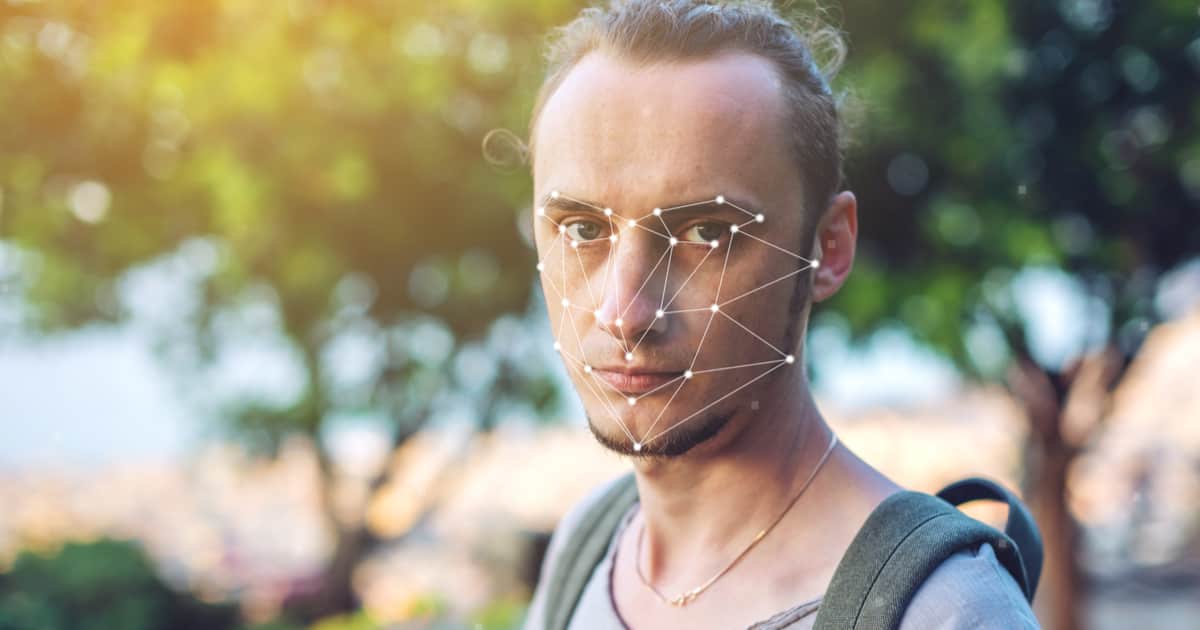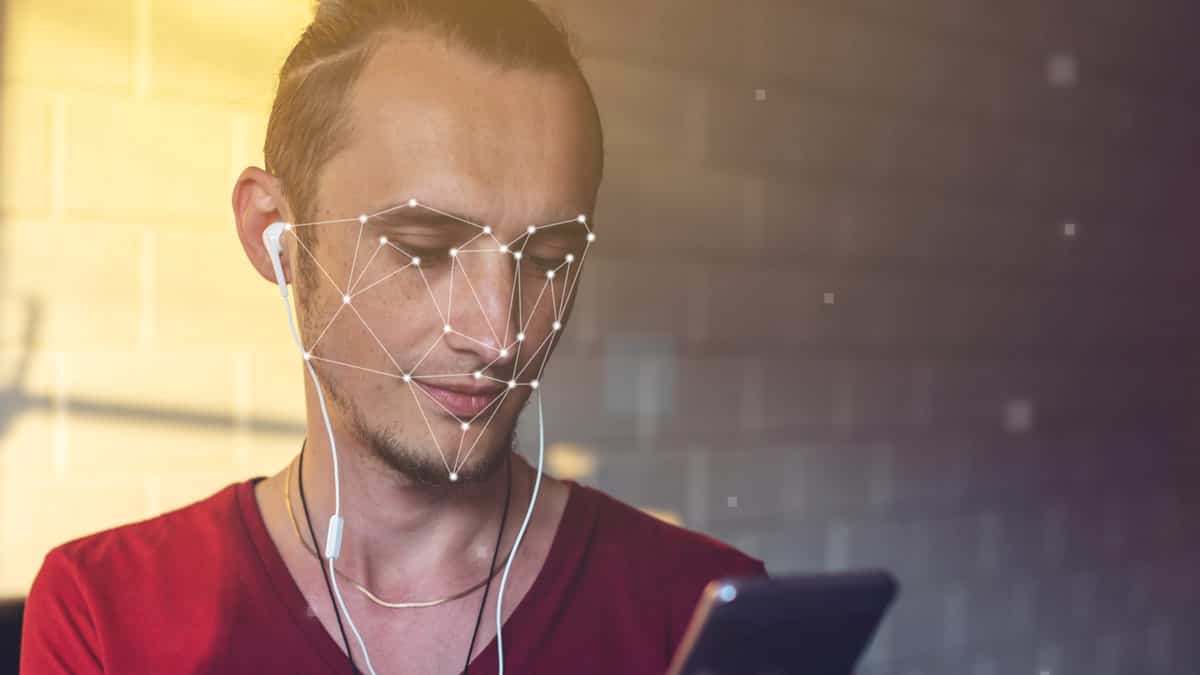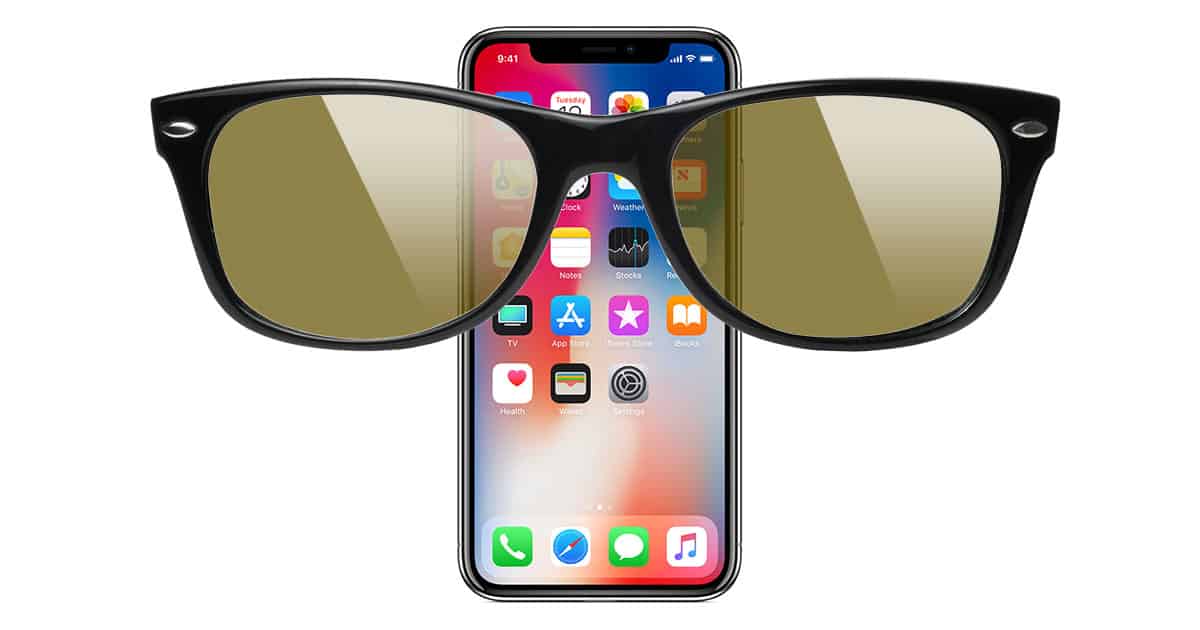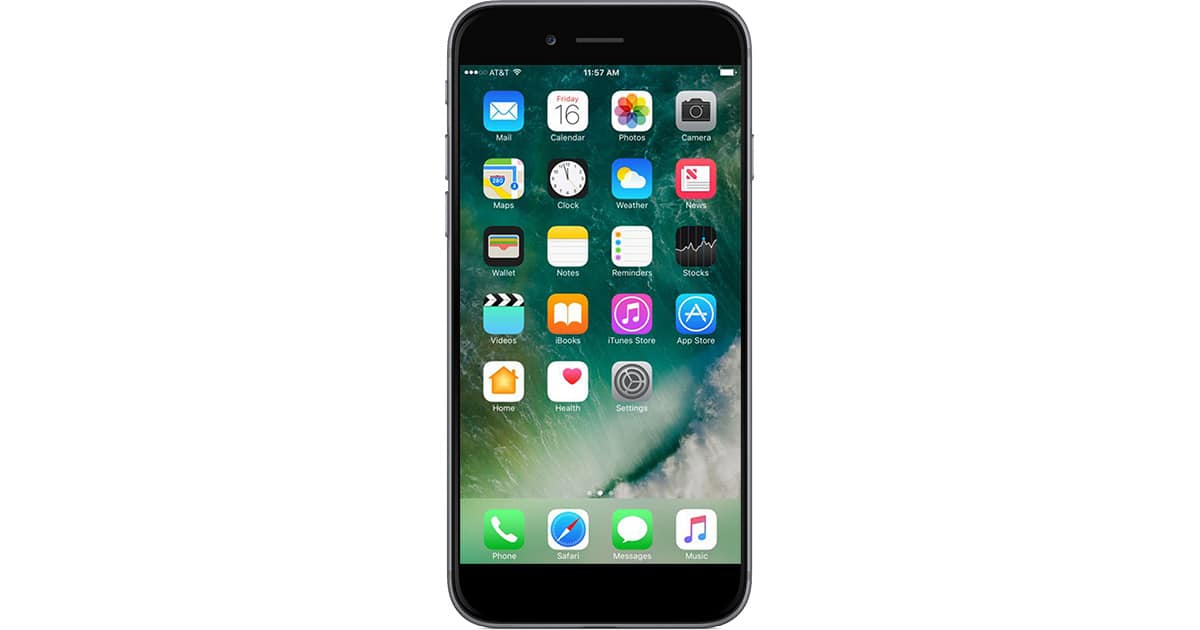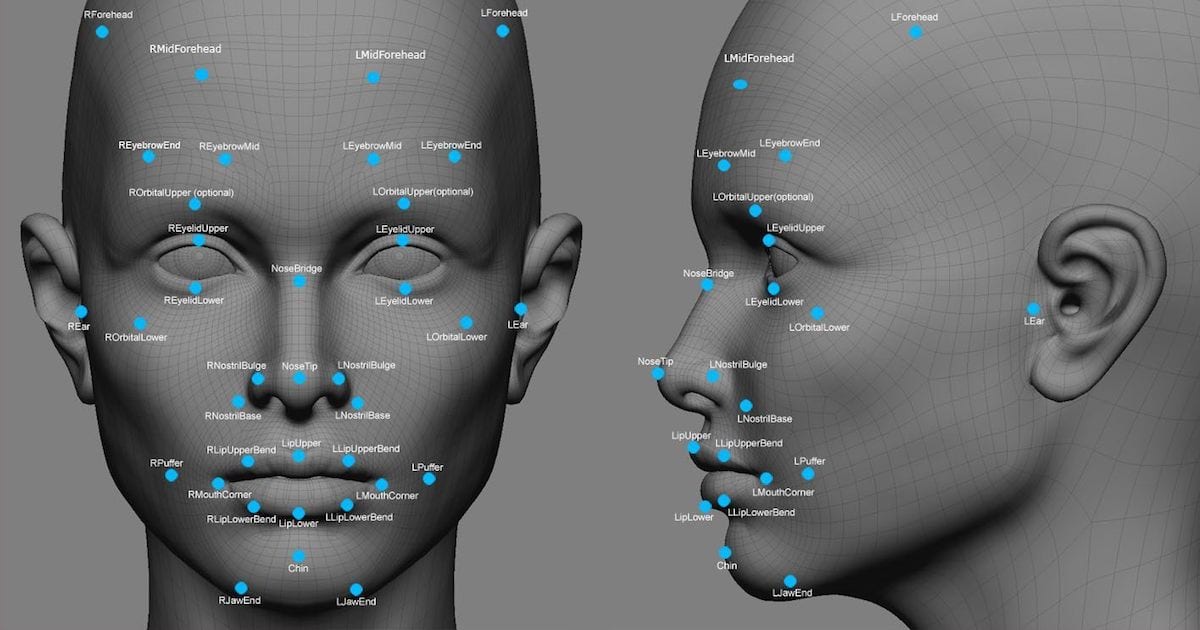Photo app Ever uses the photos that people upload to its service to train facial recognition tools. These tools are then sold to private companies, law enforcement, and the military.
facial recognition
Apple Denies Using Facial Recognition in Stores
A New York teen sued Apple, saying its facial recognition in a store led to his false arrest. But Apple says it doesn’t use that tech.
How the Social Awkwardness of AirPods Became a Thing
AirPods got off to a slow start thanks to supply constraints. Nowadays, they are plentiful and creating an unintended social issue. John explores.
Facial Recognition and Law Enforcement – TMO Daily Observations 2019-04-16
Bryan Chaffin and Dave Hamilton join host Kelly Guimont to discuss San Francisco’s current debate over facial recognition software.
So Far, New York Facial Recognition Hasn't Worked
So far, New York facial recognition experiments, such as ones used at toll booths, have failed. But the program will be expanded.
IBM Secretly Used Flickr Photos for Facial Recognition
IBM secretly used millions of Flickr photos to test its facial recognition system. IBM claimed it was to help reduce bias in facial recognition.
Despite IBM’s assurances that Flickr users can opt out of the database, NBC News discovered that it’s almost impossible to get photos removed. IBM requires photographers to email links to photos they want removed, but the company has not publicly shared the list of Flickr users and photos included in the dataset, so there is no easy way of finding out whose photos are included.
NBC News got a copy of the data set, and created a tool to help you find out if IBM used your photos without your permission.
The Facebook 10 Year Challenge Might not Just be a Harmless Meme
If you have been on Facebook or Instagram recently, you will have noticed the “10 Year Challenge”. Users post a profile picture of themselves from 10 years ago and another from now. It is meant to be a harmless meme that laughs at ourselves and late 2000s fashion. But could there be something more sinister to it? Katie O’Neil wondered in Wired if the “10 Year Challenge” is actually helping Facebook develop a facial recognition algorithm.
Imagine that you wanted to train a facial recognition algorithm on age-related characteristics and, more specifically, on age progression (e.g., how people are likely to look as they get older). Ideally, you’d want a broad and rigorous dataset with lots of people’s pictures. It would help if you knew they were taken a fixed number of years apart—say, 10 years. Sure, you could mine Facebook for profile pictures and look at posting dates or EXIF data. But that whole set of profile pictures could end up generating a lot of useless noise…In other words, it would help if you had a clean, simple, helpfully labeled set of then-and-now photos.
Google Won't Sell Facial Recognition Software. Yet.
A senior Google executive said the company will work through technology and policy issue before it sells its facial recognition software.
Timehop's Data Breach, Facial Recognition in Government Surveillance - TMO Daily Observations 2018-07-09
John Martellaro and Andrew Orr join Jeff Gamet to look at the Timehop data breach, plus they share their thoughts on the state of government surveillance with facial recognition.
Review: MyIdol is a Weird but Fun 3D Avatar Creator for iOS
MyIdol is a 3D avatar creator that uses machine learning to create a lifelike replica of you.
iPhone X: Face ID Works with Sunglasses
If you’re worried about Face ID failing when you try to unlock your iPhone X because you’re wearing sunglasses, don’t be.
iPhone 8 Facial Recognition and Home Button Replacement Gestures - TMO Daily Observations 2017-08-22
Dave Hamilton and Jeff Butts join Jeff Gamet to discuss a report claiming the iPhone 8 will have facial recognition that’s nearly instantaneous, plus they share their thoughts on videos in iOS 11 showing gestures that replace some Home button functionality.
More Details on iPhone 8 Facial Recognition Emerge
We already suspect the iPhone 8 facial recognition system will use infrared, but now we have reason to believe it’ll be lightning fast, too.
Report Says Apple Has Only Weeks Left to Solve iPhone 8 Touch ID Issues
Apple needs to sort out its iPhone 8 Touch ID issues before August to order fingerprint sensor chips in time for this fall’s launch.
iPhone 8 Face Scanning, Building a Hackintosh, High Sierra Beta – ACM 418
Bryan is out on vacation so Jeff Butts joins Jeff Gamet to talk about reports saying the iPhone 8 will ditch Touch ID for facial recognition, building a hackintosh, and macOS High Sierra beta experiences.
Report: Facial Recognition to Replace Touch ID on iPhone 8
The new feature would use 3D cameras to nearly instantly unlock your iPhone and is said to be even more secure than Touch ID.
Apple Using PrimeSense Tech for iPhone 8 3D Front Facing Camera
iPhone 8 rumors are pretty much a daily thing now and the latest says the smartphone’s front facing camera will include 3D sensing for facial recognition. KGI Securities analyst Ming-Chi Kuo told investors the camera system will be “revolutionary” thanks to the motion tracking and depth-sensing technology it scored from PrimeSense.
Apple's Facial Recognition Plans, the AI Race - TMO Daily Observations 2017-02-20
Apple buying RealFace has people talking even more about using facial recognition to unlock our iPhones. John Martellaro and Bryan Chaffin join Jeff Gamet to talk about Apple’s potential plans and what they think the company has in store for facial recognition technology. They also look at Apple’s Siri and Amazon’s Alexa and the race for mainstream artificial intelligence.
iPhone 8: Goodbye Home Button, Hello Function Area
The latest in the steady stream of iPhone 8 reports says the familiar Home button with Touch ID is going away and in its place we’ll get the Function Area. That’s fancy talk for a space at the bottom of the iPhone screen for a row of virtual buttons.
iPhone 8 Biometric Sensors, FCC and Smartphone Radio Chips - TMO Daily Observations 2017-02-17
New reports say Apple won’t include a Home button on the iPhone 8 this fall. Bryan Chaffin and Jeff Butts join Jeff Gamet to look at what that means for Touch ID and biometric authentication on the new phone, plus they offer up their thoughts on an FCC request for smartphone makers to enable the FM radio chips in smartphones.
iPhone 8 and 3D: It's About Facial Recognition, not AR
There’s plenty of speculation about what new technology will come with the iPhone 8. Do recent trademark filings mean it will use an iris scanner instead of Touch ID? What about augmented reality; will that be the hottest new feature to arrive in Apple’s mobile phone? Or are all of these rumors completely off base, and the plan is actually for the iPhone 8 to unlock your phone based on how well it can recognize your face? Jeff Butts digs deep into the science and the rumors, and offers his take on the matter.
